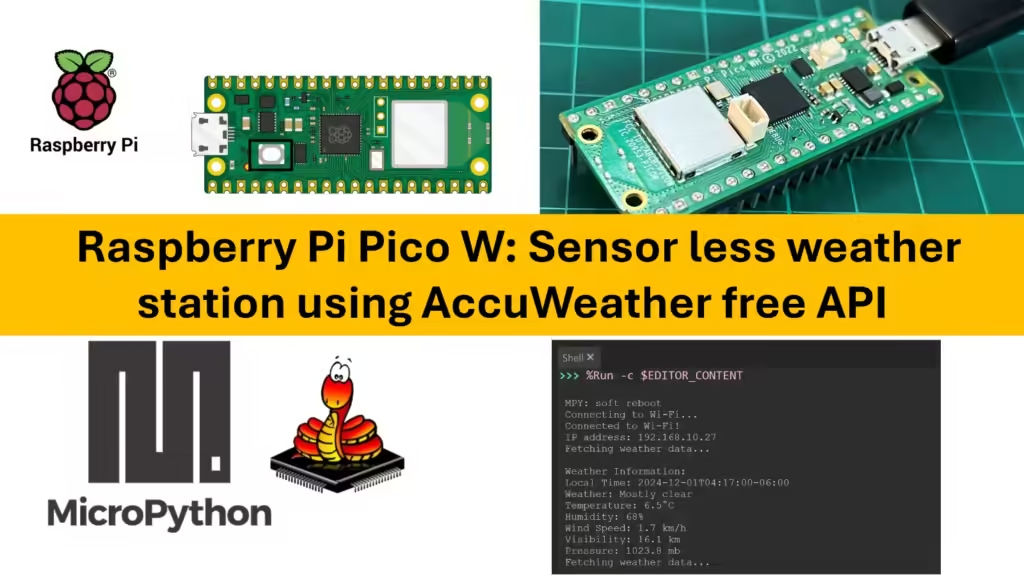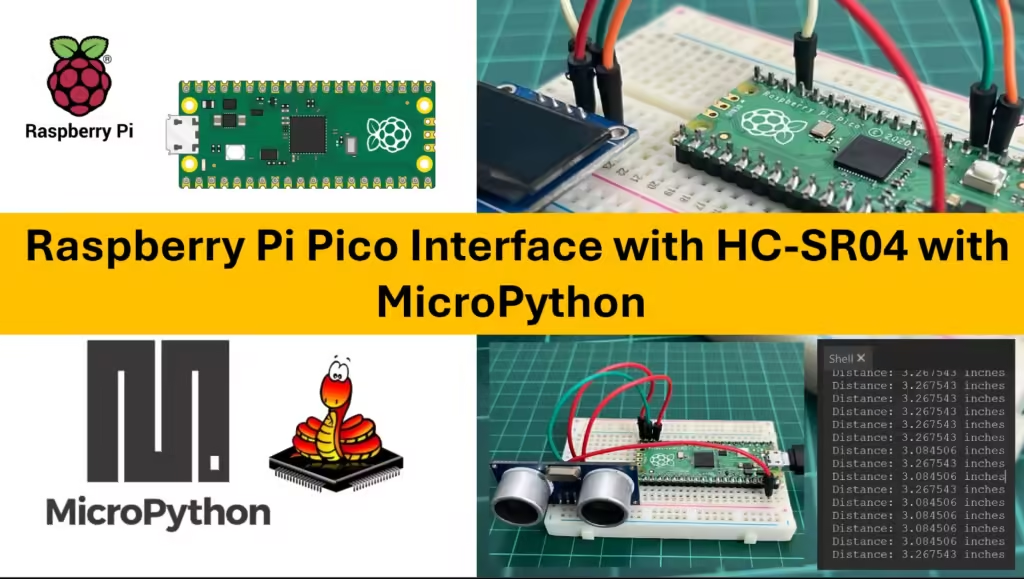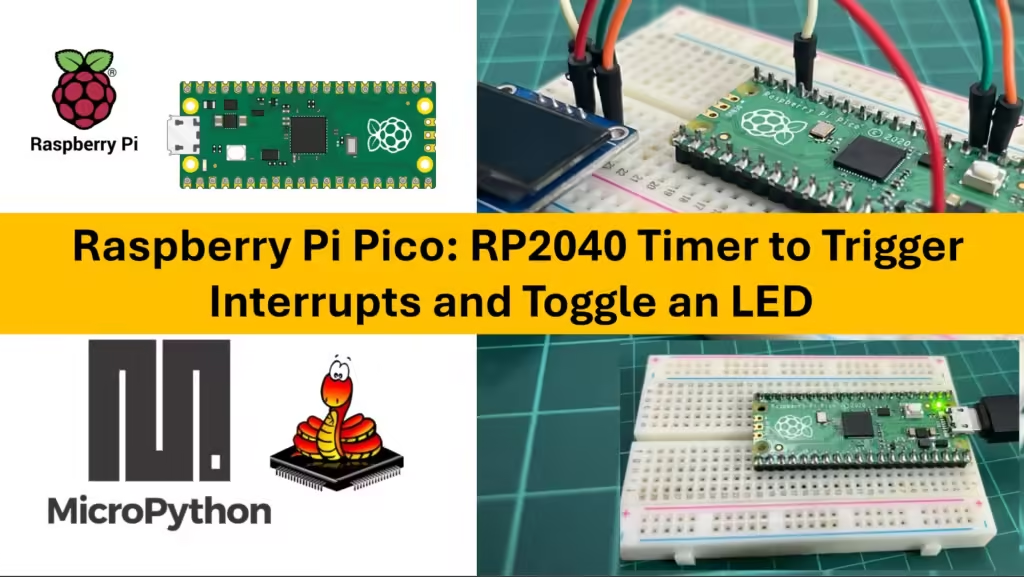Nordic nRF MCUs are renowned for their versatility, advanced wireless capabilities, and efficiency in low-power applications. These MCUs cater to a broad spectrum of industries, from wearable devices to industrial IoT solutions. This article delves into the features, variants, power management strategies, and reasons why nRF MCUs are ideal for low-power, battery-operated equipment.
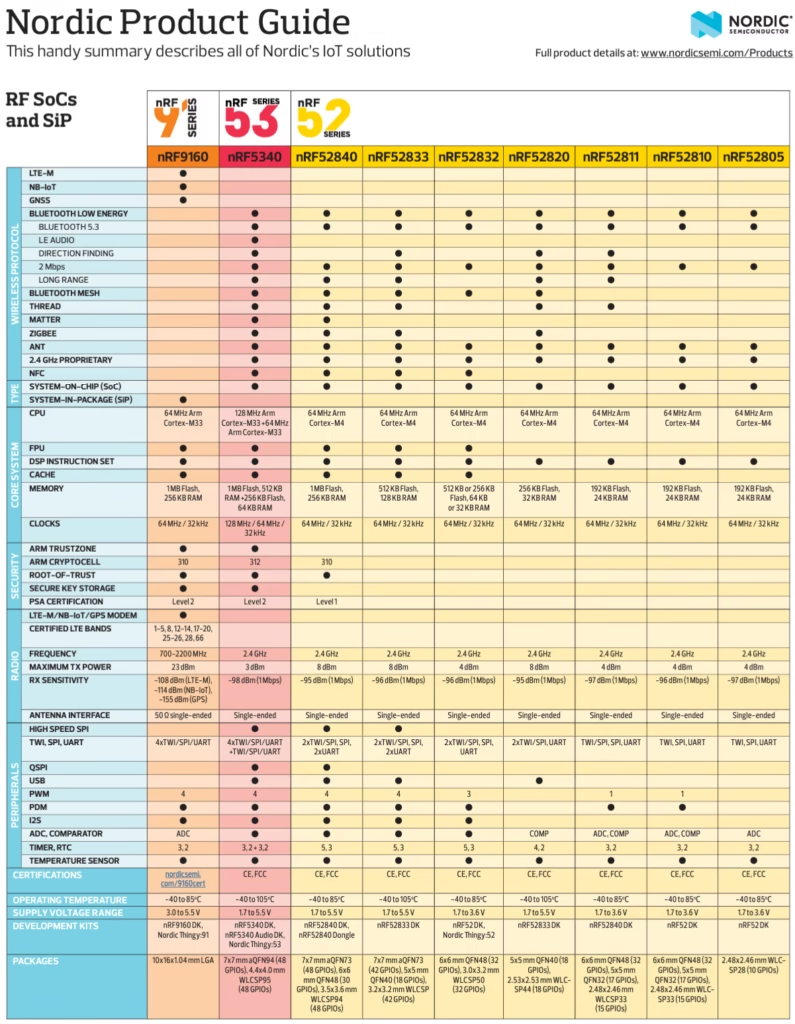
Key Features of the nRF Series MCUs
- Wireless Connectivity:
- Support for Bluetooth Low Energy (BLE), Zigbee, Thread, and proprietary 2.4 GHz protocols.
- Advanced Bluetooth 5 features, including long-range, high data throughput, and direction-finding capabilities.
- Integrated Hardware:
- Built-in radio transceivers and multi-protocol support.
- Crypto accelerators for secure communication.
- Peripherals such as ADC, PWM, and UART for seamless integration with sensors and actuators.
- Power Efficiency:
- Ultra-low power consumption tailored for battery-operated devices.
- Advanced sleep modes and dynamic power management.
- Processing Power:
- ARM Cortex-M processors for efficient computation.
- On-chip flash memory and RAM with flexible configurations.
- Development Support:
- Comprehensive SDKs, such as the nRF Connect SDK, providing libraries and examples for rapid prototyping.
- Seamless integration with popular development environments like Segger Embedded Studio and Visual Studio Code.
For More Details please visit following link from Nordic Semiconductor Official Website.
Click Here >>https://www.nordicsemi.com/-/media/Publications/WQ-Product-guide/Product-Guide_Nordic_2023.pdf
Variants in the nRF Series
- nRF51 Series:
- Entry-level MCUs ideal for basic BLE applications.
- ARM Cortex-M0 core with moderate processing capabilities.
- nRF52 Series:
- Widely used for advanced BLE applications.
- Variants include the nRF52832, nRF52840, and nRF52833.
- Enhanced performance with ARM Cortex-M4 cores, larger RAM, and better peripheral integration.
- nRF53 Series:
- Dual-core architecture with ARM Cortex-M33 cores.
- Optimized for high-performance IoT applications requiring complex computations and real-time processing.
- nRF91 Series:
- Focused on cellular IoT (LTE-M and NB-IoT) applications.
- Integrated GNSS for location-based services.
Power Management in nRF MCUs
- Dynamic Power Management:
- Automatic adjustment of power modes based on application requirements.
- Transition between active, idle, and sleep states for optimal energy use.
- Efficient Sleep Modes:
- Deep Sleep and System OFF modes with minimal power draw.
- Wake-up mechanisms via GPIO or internal timers.
- Peripheral Power Control:
- Individual peripherals can be turned on/off dynamically.
- Fine-grained control over power distribution.
- Adaptive Clocking:
- High-frequency clocks are disabled when not needed, reducing active power consumption.
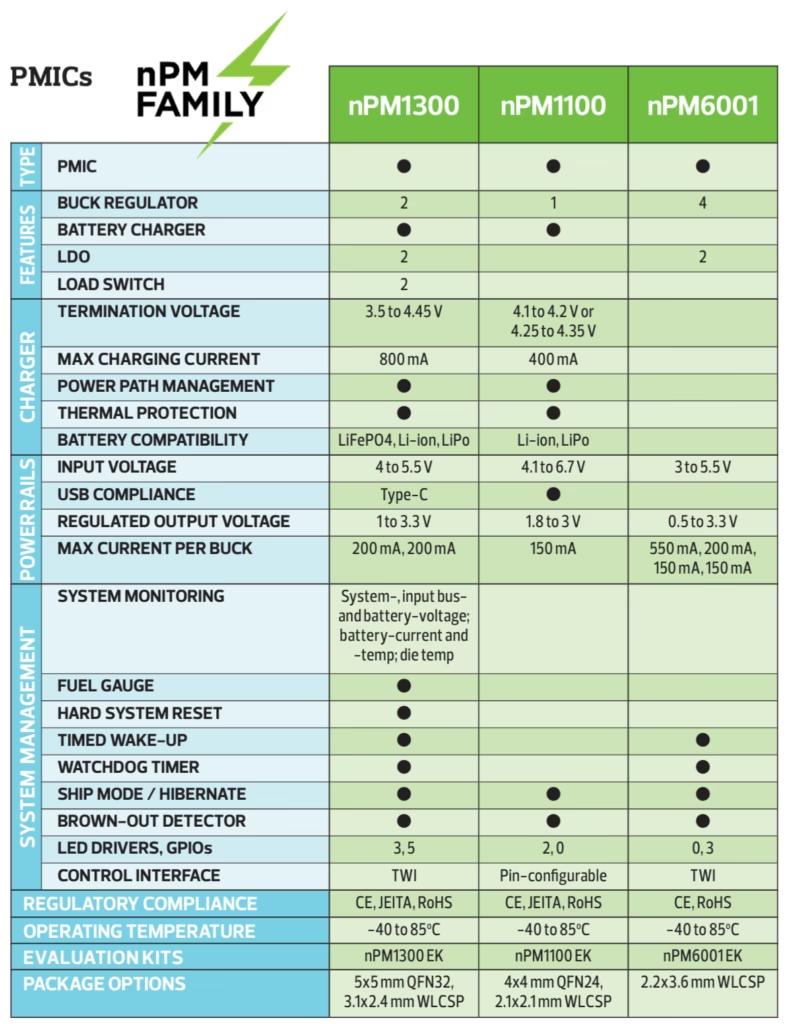
Why Choose nRF MCUs?
- Low-Power Excellence:
- Designed to deliver exceptional performance on minimal power.
- Ideal for devices requiring long battery life, such as fitness trackers, smartwatches, and industrial sensors.
- Comprehensive Wireless Support:
- Multi-protocol capabilities allow seamless communication across diverse networks.
- Robust connectivity even in congested environments.
- Developer-Friendly Ecosystem:
- Extensive software and hardware resources for easy application development.
- Strong community support and regular updates.
- Compact Design:
- Highly integrated solutions reduce PCB footprint, enabling compact device designs.
Applications in Low-Power, Long-Lasting Devices
- Wearable Technology:
- Smartwatches and fitness trackers leveraging BLE and low-power operation.
- Industrial IoT:
- Sensors and actuators with long-lasting battery life in remote or hard-to-access locations.
- Healthcare Devices:
- Wireless-enabled devices like glucose monitors and digital thermometers.
- Smart Home and Automation:
- Zigbee and Thread-compatible devices for efficient home automation.
- Asset Tracking:
- Devices using BLE and cellular IoT for real-time location monitoring.
Conclusion
Nordic Semiconductor’s nRF series MCUs stand out as a versatile and energy-efficient choice for modern IoT and wireless applications. Their powerful hardware, robust wireless capabilities, and advanced power management techniques make them ideal for battery-operated, long-lasting devices. Whether you are developing wearables, smart home devices, or industrial IoT solutions, the nRF series offers unparalleled performance and flexibility to meet your design needs.

